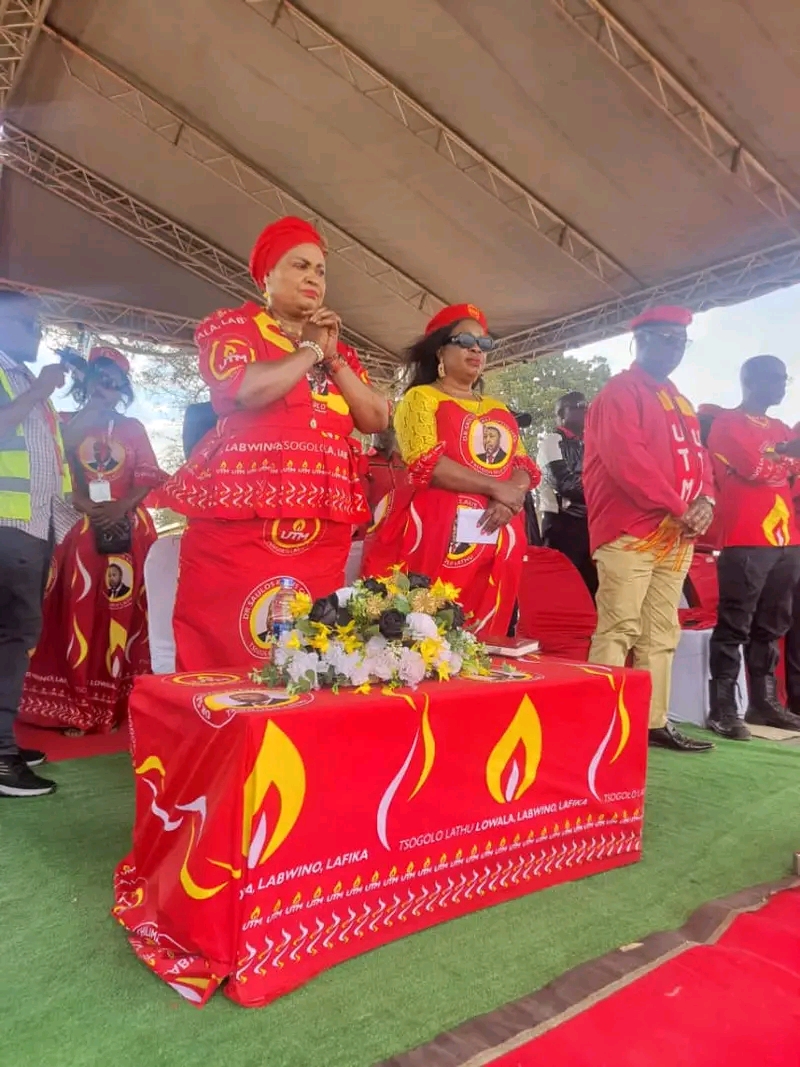By Burnett Munthali
In recent years, Malawi has witnessed a troubling trend in the deployment of state security services—one that appears to be deeply influenced by political alignment rather than the universal protection of all citizens.
There are growing concerns among citizens, political observers, and human rights advocates that the allocation of security resources is no longer impartial but instead tailored to serve those with close ties to the ruling establishment.
This concern has been further fueled by several high-profile incidents in which victims of political violence, especially those associated with opposition parties or independent activism, have reportedly been ignored or inadequately protected by the police.
In stark contrast, ruling party sympathizers—whether ministers, regional governors, or outspoken supporters—often receive immediate and visible security response, including armed protection and swift police intervention when threatened.
The unequal response raises serious questions about the role of state security forces in a democracy and whether their mandate to serve and protect has been replaced by partisan loyalty.
Cases from 2023 and 2024 provide telling examples.
When a convoy of opposition UTM party officials was attacked in Mzimba, police were accused of arriving hours late and failing to arrest any suspects, despite ample eyewitness accounts and video footage.
In another incident, a civil society activist in Blantyre was physically assaulted following his public criticism of government corruption, but no formal investigation was launched, and the perpetrators remain at large.
Meanwhile, just weeks earlier, an MCP regional official in the Central Region was provided round-the-clock police protection after receiving anonymous threats over WhatsApp.
This disparity in response suggests a double standard that undermines public trust in law enforcement institutions.
The politicization of security in Malawi echoes past regimes where selective justice and intimidation were used to suppress dissent.
While successive governments have promised reforms and neutrality in policing, the realities on the ground tell a different story.
Human rights organizations have long urged authorities to depoliticize the police and security services, noting that a neutral and professional security apparatus is a cornerstone of any functioning democracy.
Analysts argue that continued bias in security deployment not only fuels polarization but also emboldens political violence by creating a culture of impunity.
When some citizens are protected while others are left vulnerable based on political affiliation, it erodes the very idea of equal citizenship under the law.
Malawi’s Constitution guarantees protection for all individuals, regardless of political belief.
Yet, the practical implementation of this principle appears inconsistent, leaving many questioning whether security in Malawi has become a privilege instead of a right.
For the country to move forward and maintain peace, there must be deliberate steps to reform security protocols and ensure impartiality in protection services.
Only then can all Malawians—regardless of political background—feel safe, valued, and equally represented by the state.




